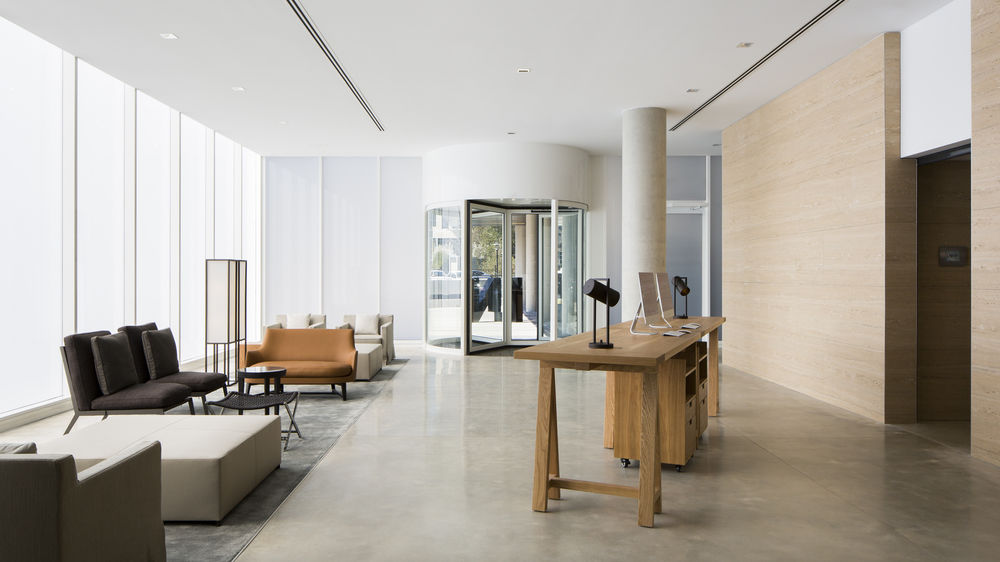
Approval for body corporate legal expenses
Disputes involving bodies corporate can be very complex and it is not surprising that bodies corporate may seek legal assistance during a dispute.
The provisions of the Body Corporate and Community Management Act 1997 and its associated regulations regarding expenditure apply to a body corporate’s decision making about engaging legal assistance.
In the dynamic circumstances of a dispute, committees sometimes fail to follow the relevant provisions of the act that, unfortunately, can lead to further disputes within the body corporate about expenses incurred. The BCCM Office from time to time receives disputes lodged by owners questioning legal expenses incurred on their behalf. This article will discuss managing legal costs and highlight relevant provisions of the act that bodies corporate should be aware of to ensure the compliance with the act.
Decision to obtain legal advice – Legal assistance can only be engaged by a body corporate following an appropriate resolution to do so. In some circumstances the committee can make this decision but, in many cases, the decision must be made by owners in a general meeting. The following legislative provisions apply to this process:
• Section 312 of the act provides that a special resolution must be passed for the body corporate to start most legal proceedings (except for some proceedings such as enforcing by-laws or recovering liquidated debts).
• The Standard Module provides that a specific resolution is needed for the spending of any body corporate funds, even if items are already included in the body corporate’s budgets (SM s139(7)).
• Even if money is available in the budgets, owners in a general meeting still need to authorise any spending on a project that will cost more than $200 per lot with at least two quotations provided for major spending (expenditure over $1100 per lot or $10,000, whichever is lesser) (SM s152, s153).
• Any settlement of litigation affecting the rights, privileges or obligations of owners must be agreed to in a general meeting (SM s42).
• Section 310 of the act may apply to allow legal representatives who incur fees on instructions from a committee member to recover the fees from the body corporate even if owners have not properly authorised the expenditure.
Committee decisions – Prior to commencing or defending litigation a committee may want preliminary advice about the prospects of success in litigation, the likely costs and timeframe, the potential exposure to the other party’s claims and costs, and an amount that may be reasonable as a negotiated settlement. The committee may be able to obtain this advice itself if the legal fees are within budget and within the committee spending limit. Otherwise, the committee will need to call a general meeting or, if the matter is urgent, seek special authorisation of an adjudicator for the associated emergency expenditure.
Decisions by owners – Where litigation is involved, consideration of settlement offers will almost always require decisions of owners in a general meeting.
Complications commonly arise when legal fees exceed the original estimate given. To avoid incurring fees in excess of authority, it may be necessary for committee members to ensure the legal representative does not incur any fees in excess of the maximum amount of spending approved by owners. If necessary, a court may be asked to grant an adjournment pending a general meeting at which owners could be asked to consider additional expenditure.
Checklist
Committees should consider the following checklist before committing the body corporate to legal expenses:
• Obtain preliminary advice on prospects, exposure and possible settlement;
• Check that money for legal fees is available in budget (otherwise, raise special levy);
• Obtain an estimate for legal fees for the entire litigation (it may be necessary to call a general meeting and obtain two quotations to approve the expenditure);
• Make sure the body corporate formally notifies the legal representative of the maximum amount of spending authorised by body corporate resolution (another meeting will be necessary to approve additional expenditure);
• Make sure settlement offers or agreements are approved by a general meeting;
• Check whether a special resolution is necessary before commencing legal proceedings;
• Most importantly, keep abreast of the litigation and give owners an opportunity to vote on subsequent settlement offers and revised cost estimates.
The above information is based on requirements under the Standard Module. Some provisions (for example expenditure limits) will differ according to the applicable module for the scheme. The BCCM Office does not provide legal advice. However, we can provide general information on rights and responsibilities under the act.

AccomNews is not affiliated with any government agency, body or political party. We are an independently owned, family-operated magazine.







